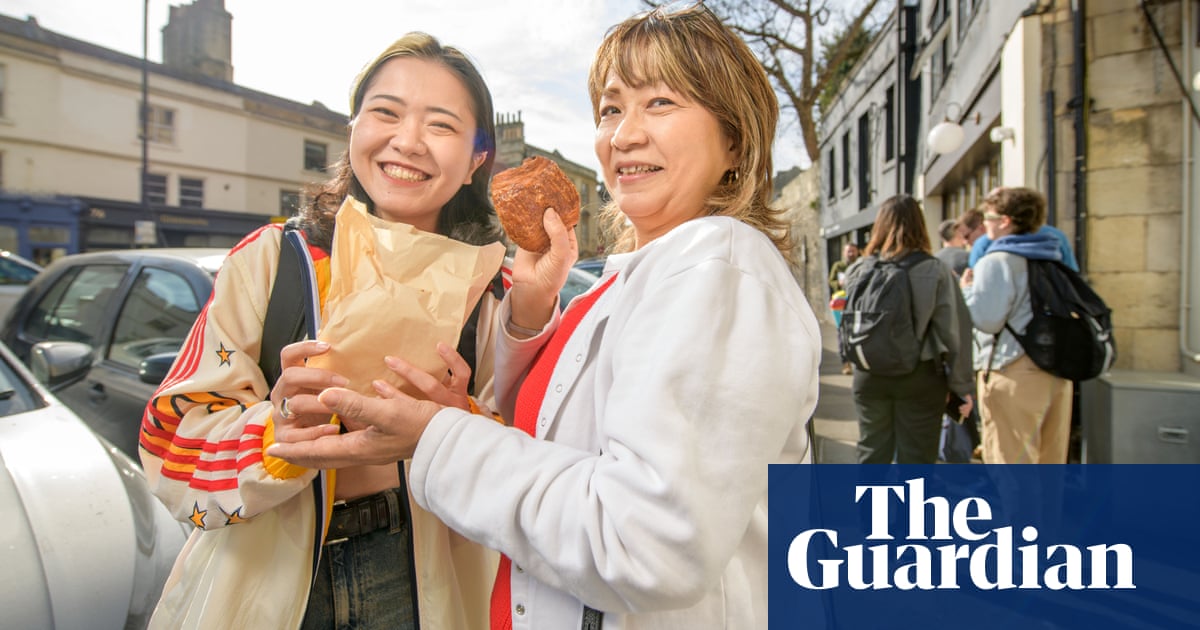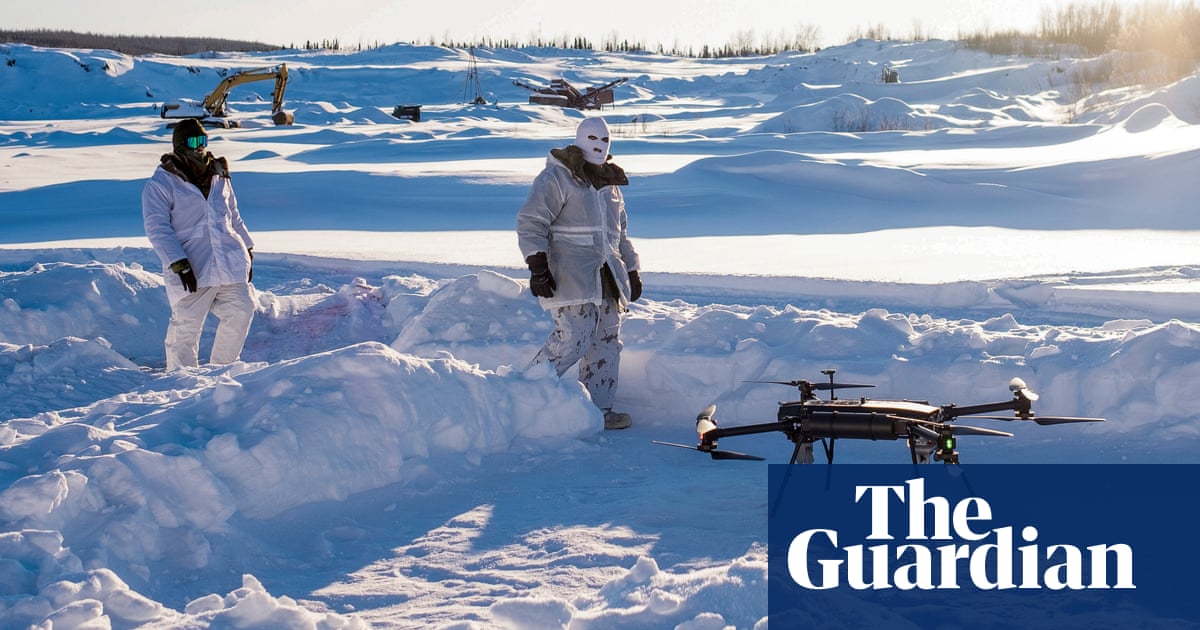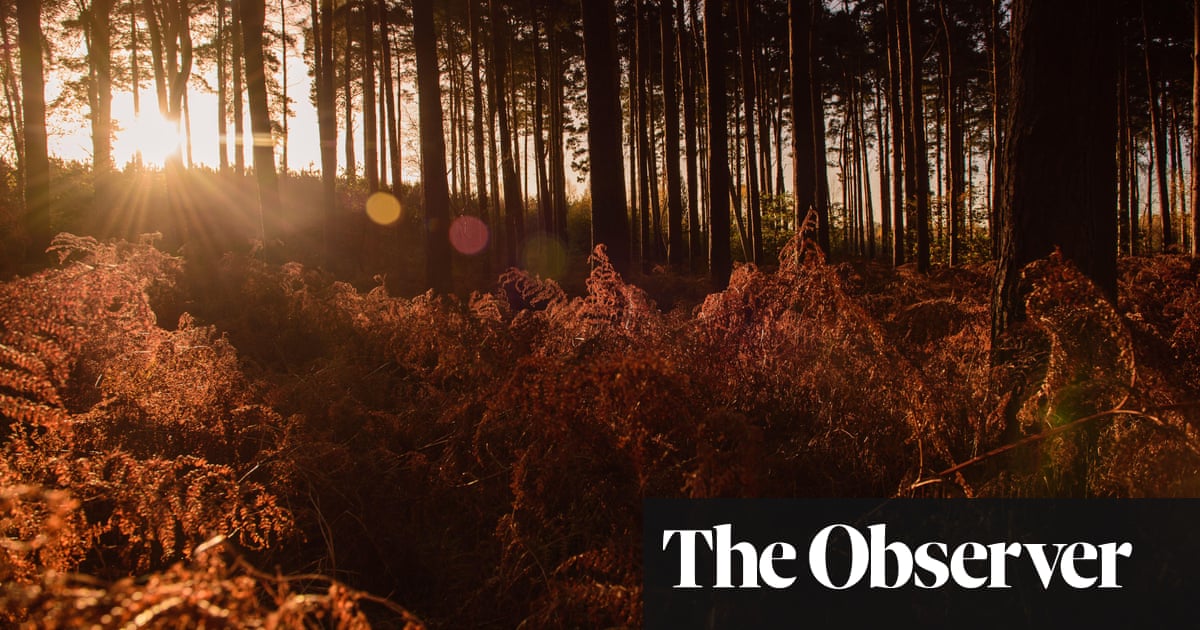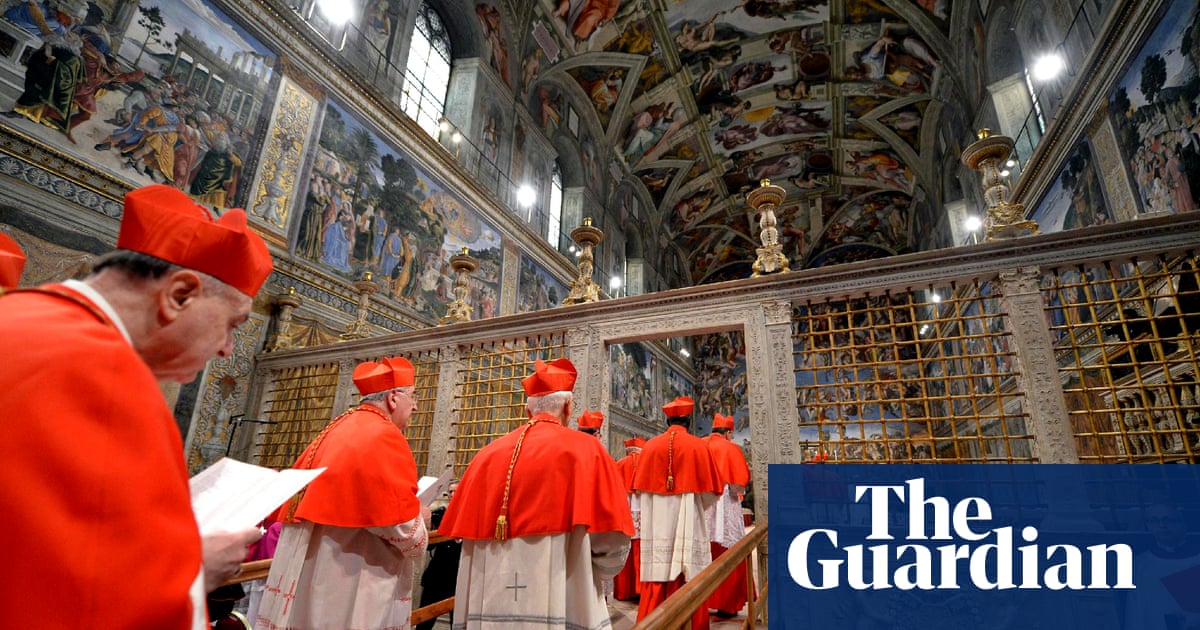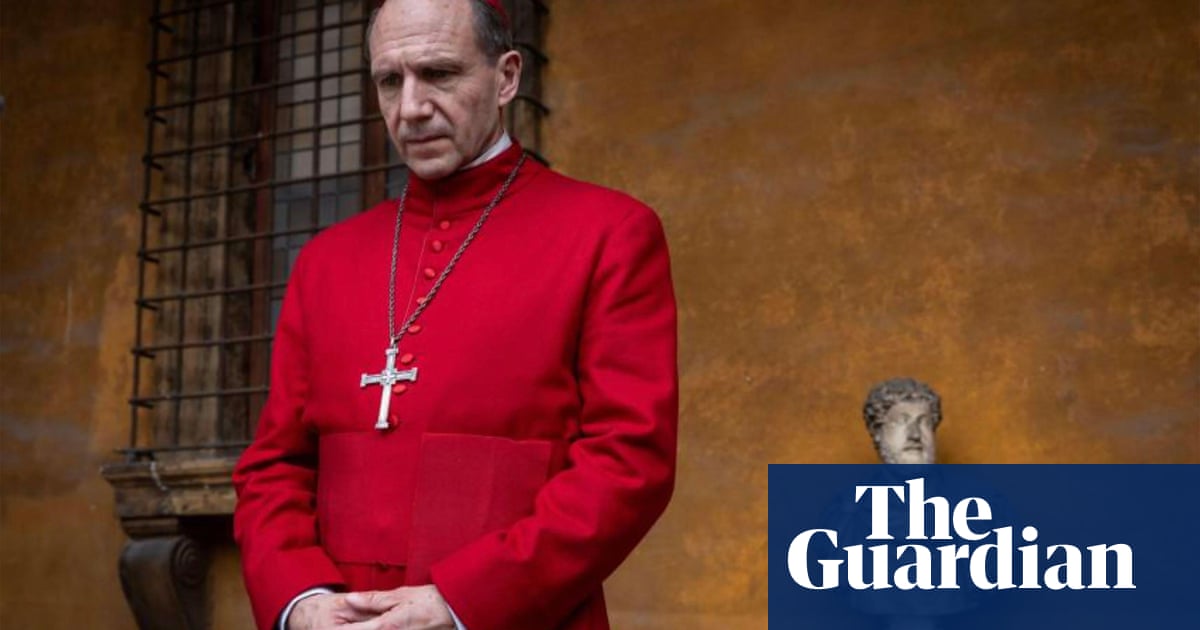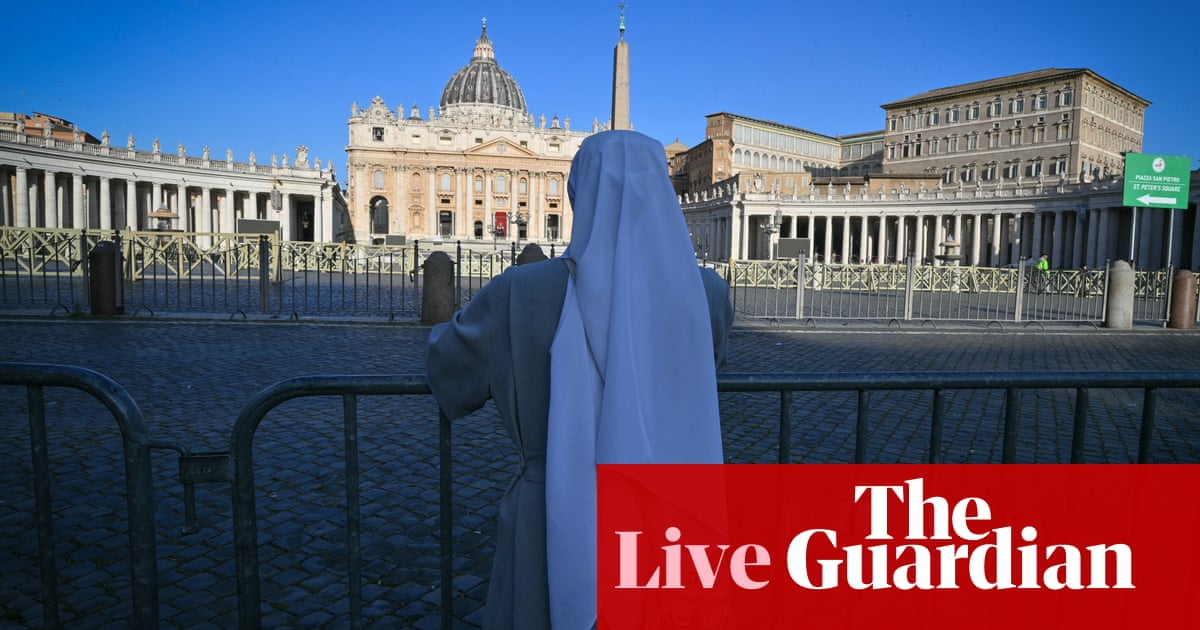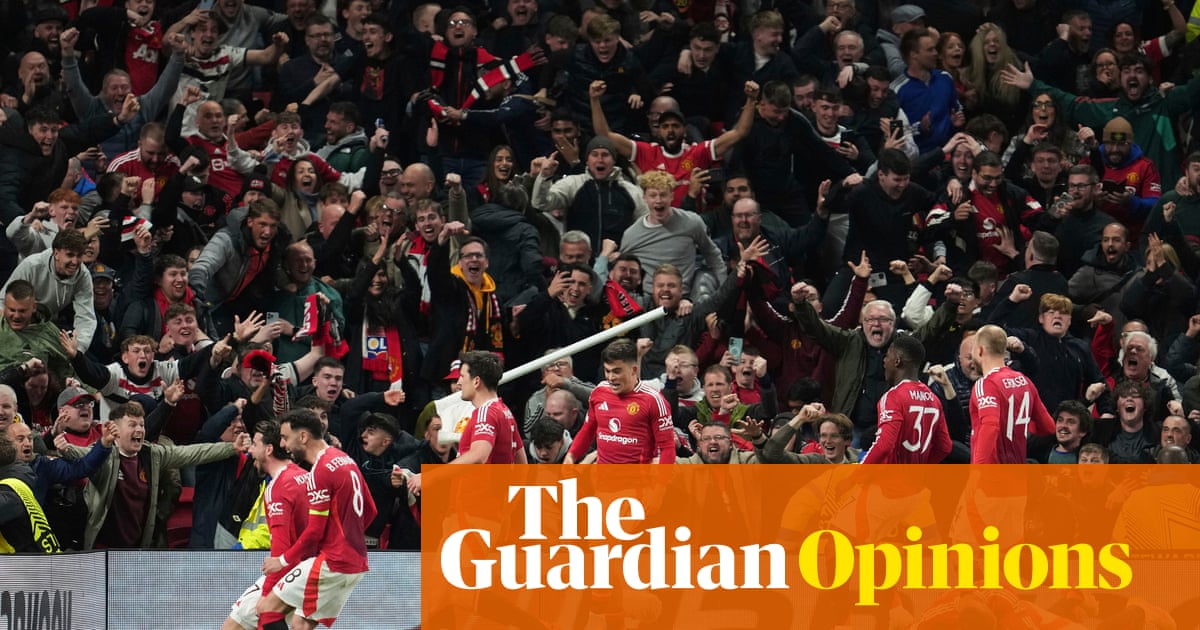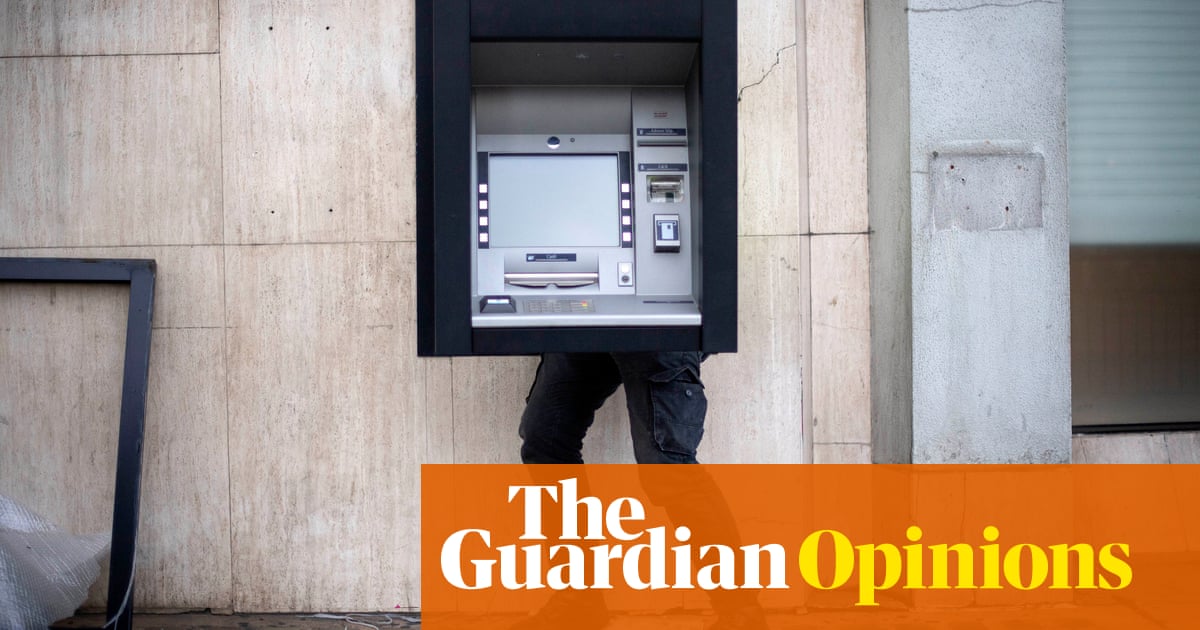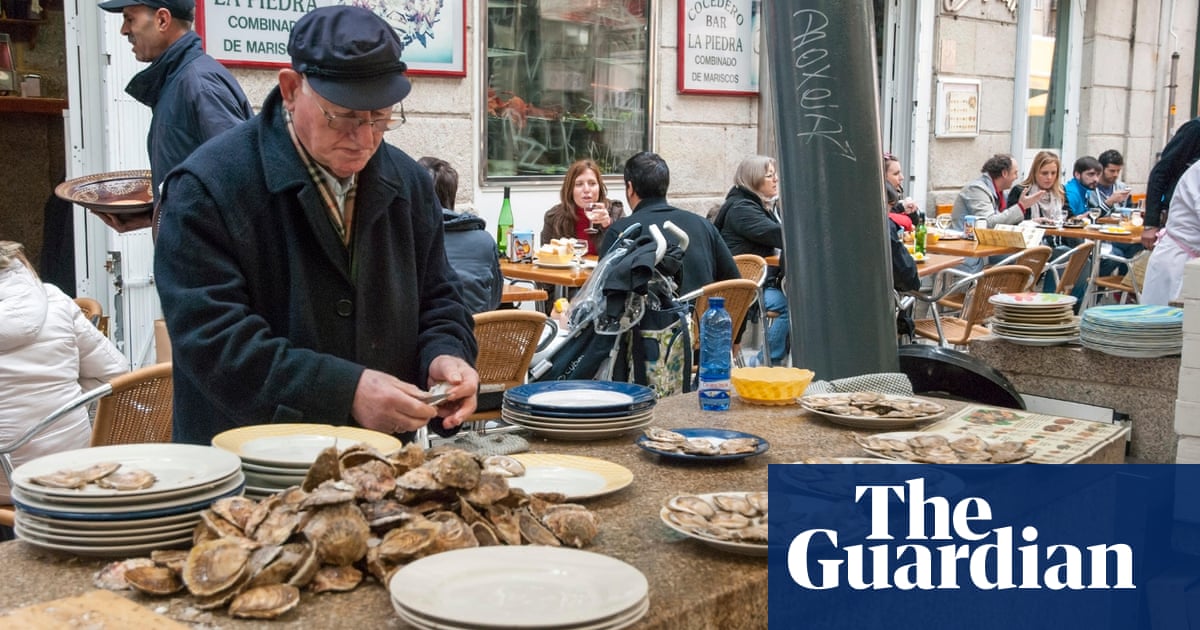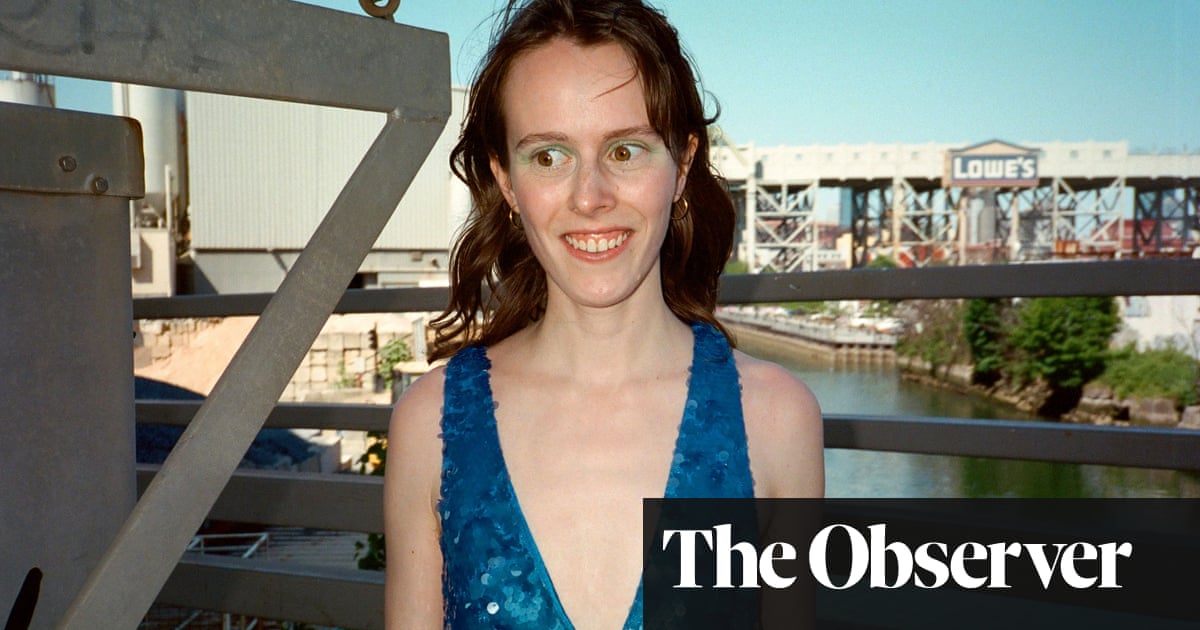Can you name the UK’s top five most visited attractions? A 2024 survey placed the British Museum and Natural History Museum in the top two spots, then Windsor Great Park and the Tate Modern. No surprises there. But the fifth is perhaps less expected: the Southbank Centre, with 3.7 million annual visitors.
“If you come down in the summer, it’s like a 21st-century version of the Victorian pleasure garden,” says its artistic director, Mark Ball. “It’s like the whole world is here. Skateboarders mixed with poets mixed with the classical musicians, mixed with the dancers – it’s what gives this space its vibrancy and why I love it so much.”
But there’s the rub. How to balance the needs of all these different groups of visitors, many of whom are accessing the building for social use, with those attending ticketed events, especially classical concerts – by far the largest genre that is programmed across the three-venue arts centre. And, just as importantly, how to balance the books.

Ball and I meet on a sunny April afternoon. The terraces are full of parents with pushchairs and chatting teenagers; couples sip coffee on benches overlooking the Thames. But this is the first Monday on which the centre’s doors are locked. Mind you, there have not been concerts here on Mondays for more than five years now. Both measures are part of the long tail of Covid recovery. “People using the building as a drop-in social space is really important to us, but the costs of opening the building on Mondays just for that use were more than the income it brought in,” says Ball.
The Royal Festival Hall is still available for any of the centre’s six resident orchestras or any artist to rehearse in, seven days a week, he adds, but, “only 4% of our weekly visitors were coming into the hall during the day on a Monday. In a world where we are still facing the financial challenges coming out of Covid, high inflation and static public funding … [closing one day a week] was one of the difficult decisions we had to take.”
Futureproofing the organisation is at the heart of Ball’s concerns, and in every other respect the focus is on opening rather than closing, and seeking to bring in new and more diverse audiences.
Multitudes festival is one way he hopes to do that. The new interdisciplinary festival, which begins on Wednesday, sees classical musicians working with theatre-makers, poets, choreographers, artists and film-makers. But it’s not about diluting classical music to make it more palatable, Ball insists.
“The idea was: how can we create a festival programme that absolutely centres the glory and power of the music but presents the concerts in a way that has a broader appeal beyond the traditional classical music audience? Particularly to these new audiences that we know like spectacle, like sociability and like a more immersive experience of live music events.”
Ball’s own background is predominantly in theatre. Before joining the Southbank Centre in 2022, he was creative director at Manchester international festival, and artistic director and chief executive of the London international festival of theatre (Lift). Both festivals offered opportunities for trying out new forms, experimenting and creating art – and audiences – of the future. It was an interdisciplinary project that introduced Ball to the music of Shostakovich, he says. “When I was at Lift, we did a project with the great Russian theatre-maker Dmitry Krymov, who made a piece called Opus No 7 about the Leningrad Symphony and the triumph of the human will that it represents.”

A 2022 Royal Philharmonic Orchestra survey found that almost two-thirds of people aged under 35 were listening to classical music on a regular basis – a higher proportion than those aged over 55. The genre is, on some platforms, the fastest growing area of listenership by young people, says Ball. “Classical music is embedded now in many, many people’s playlists. It struck me that we’ve got a really big nascent audience for it. [But] they’re not listening to it because they know about the repertoire, or the soloists, or even the composers. They’re coming to it for other reasons: how it makes them feel, because they might have heard it on a soundtrack, because it might be on a video game.”
While he won’t be encouraging young people to film performances on their phones – a controversial policy adopted by the City of Birmingham Symphony Orchestra (CBSO) – he has no problem with people taking photos at the end, as happens in the theatre. “We’d love people to share the excitement of a performance.” He is open to dimming the house lights more to create a sense of atmosphere. And the vexed question of clapping between movements? “Fine!” he laughs. “You know that used to happen: not clapping between movements was an entirely result of the BBC broadcasting the Proms on the radio and not being able to cope with lots of clapping in the middle of pieces.”

His excitement over Multitudes is plain to see: he says he can’t possibly pick highlights from the 15 events across 11 days. “One of the utter joys has been how all our orchestras have gone absolutely gangbusters for it and the opportunities it offers to experiment.” The collaboration of Marina Abramović and Igor Levit, performing Satie’s Vexations over 16 continuous hours, might have made the headlines so far, but there’s also the Multi-Story Orchestra in the Hayward Gallery responding to Mickalene Thomas’s exhibition All About Love; the CBSO digging into its city’s grime and hip-hop scene; the London Philharmonic collaborating with circus company Circa on Ravel’s ballet Daphnis and Chloé; and Aurora Orchestra and physical theatre company Frantic Assembly bringing Saint-Saëns’ The Carnival of the Animals to life.
Will it all work? Who knows – Ball not least. “We may get some things wrong,” he says. But he is adamant this is neither diluting nor apologising for the music around which these programmes are shaped. Nor are these kind of events replacing the traditional classical concerts, he promises. “But, as an organisation, it is vital that we innovate and think about how we can excite new audiences and put them in front of this amazing music, which, when you hear it, is utterly transformative.”
“Let’s be playful, let’s try new things. Of course, we absolutely need to protect and sanctify the traditional experience. But we can’t preserve the whole sector in aspic. We’ve got to think about our obligation to build those audiences of the future, and this is our experiment to do so. I’m sure there’ll be some glorious things. I’m sure there’ll be some failures. If there aren’t some, we’re not taking enough risks, are we?”

 3 hours ago
2
3 hours ago
2

